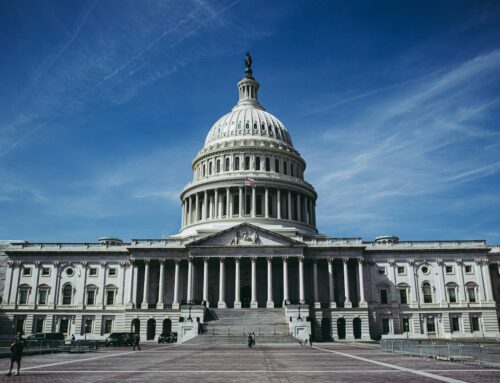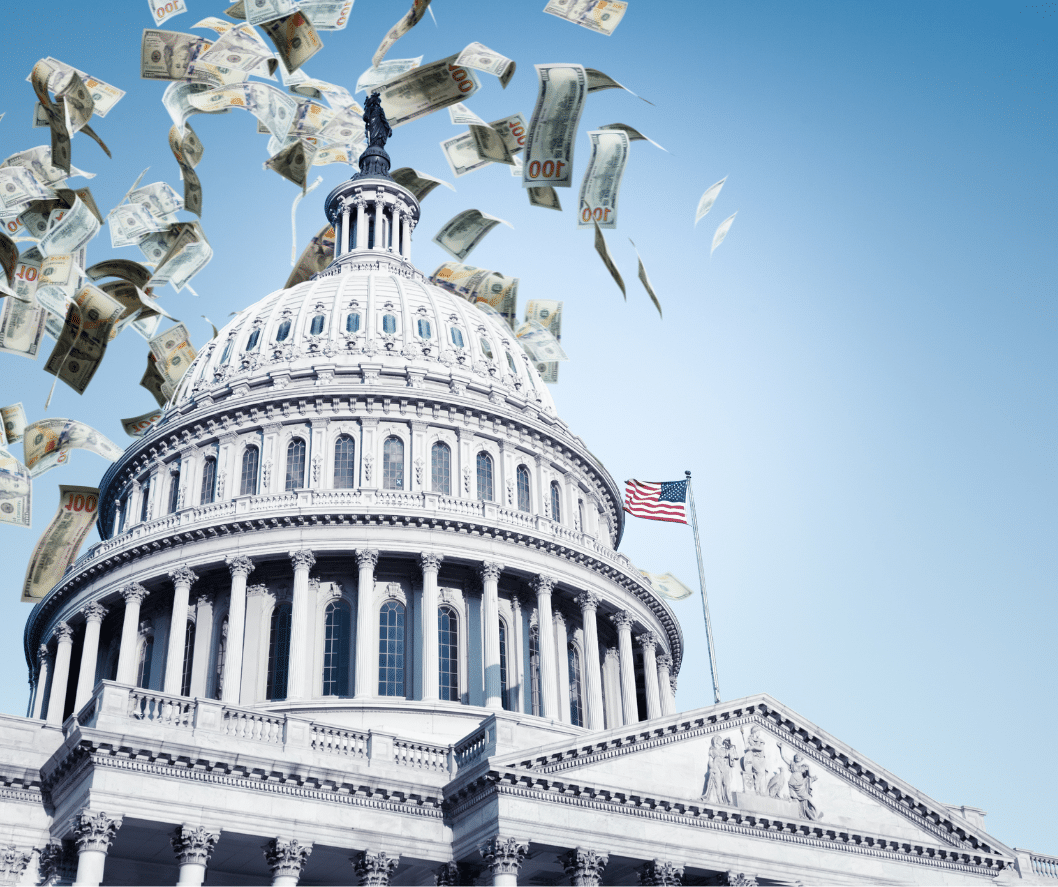This week, the House Defense Appropriations Subcommittee huddled in closed session to vote on next year’s Defense Department spending bill. As the members worked, they were probably going over a million proposals and initiatives while they decided how to spend hundreds of billions of tax dollars. Or the members were thinking of the near-million dollars in campaign contributions received from entities for which these members tried to secure earmarks.
Our exhaustive analysis of the defense spending bill found that the 18 members of the subcommittee submitted more than $1.6 billion in defense earmark requests–and potentially a lot more. Why potentially? Because despite brand-new rules intended to compel disclosure, Reps. Kilpatrick (D-MI) and Kingston (R-GA) refused to tell taxpayers exactly what they requested, but indicated their offices received requests for more than $2.4 billion in earmarked projects, some of which were surely submitted. Leaving aside those requests, subcommittee members were behind at least 181 requests worth $845 million for 130 companies that contributed $963,265 to them since 2007.
Companies line up campaign contributions for Defense Appropriations lawmakers because that’s where the money is. Nearly half the total earmark dollars each year are contained in the defense spending bill, so thousands of dollars in campaign contributions can turn into millions of taxpayer dollars to pad a company’s bottom line. That’s a pretty fair return on investment.
On top of the subcommittee campaign contribution heap was Rep. Moran (D-VA) with $201,100, followed closely by Chairman Murtha (D-PA) at $199,050. Rep. Murtha pulled down $32,600 from Argon ST executives, potential recipients of an $8 million earmark to upgrade a torpedo. Perhaps most interesting is third-place winner Rep. Young (R-FL), the ranking member of the subcommittee. Rep. Young pulled in $123,800, $4,050 of which came from Cobham Corporate North America or its subsidiary, the beneficiaries of a $4 million earmark by the Congressman. Wednesday, federal agents raided Conax (the subsidiary), and Rep. Young pulled the earmark request.
To be sure, it is very difficult to prove a quid pro quo between campaign contributions and earmarks, but it doesn’t take a financial analyst to realize these companies aren’t necessarily donating out of altruism. Lawmakers are very well positioned to deliver earmark bucks for defense companies in their district.
This problem was a concern for President Obama when he was in the Senate. A couple years into his Senate tenure, Sen. Obama vowed to not ask for any earmarks that benefit private companies. As President, he has argued that earmarks to private companies should be competed. Good luck with that: Most earmarks are written so that there is only one possible recipient – the company favored by the lawmaker behind the earmark.
We think earmarks to private companies should just be eliminated. The risk of corruption is too high, and these contracts should have been competed in the first place.
We will continue to analyze the data and figure out how campaign contributions correlate to earmark awards, but in the meantime, we will sort through the 1,080 earmarks worth $2.7 billion stuffed into the defense spending bill.










